INTERDISCIPLINARY AND CROSSDISCIPLINARY IS THE NEW TREND
Previously, Vietnamese university education mainly trained in narrow fields - that is, each field of study focused on a specialized field. This approach was suitable when the economy developed stably, careers were clearly defined and students rarely had to change jobs. Students graduated and worked in the right field, rarely learning additional skills to adapt.
However, things are changing very quickly. The 4.0 industrial revolution, along with artificial intelligence (AI), digital technology and automation, has made the labor market increasingly volatile, complex and unpredictable. This is the era known as VUCA - including Volatility, Uncertainty, Complexity and Ambiguity. In that context, single-sector training clearly reveals many limitations: lack of adaptability, difficulty in changing careers, and being easily replaced by technology.
Faced with this reality, many universities in Vietnam have shifted to interdisciplinary and transdisciplinary training - that is, combining knowledge and skills from many different fields in an integrated curriculum. Schools "hybridize" traditional majors to form majors with broader applicability.
For example, Hanoi University of Science and Technology offers majors such as data science and AI, biomedical engineering, industrial systems engineering. National Economics University develops digital economy, logistics, innovation management. Some member schools of Ho Chi Minh City National University offer majors such as digital media, information technology in economics. Ho Chi Minh City University of Medicine and Pharmacy offers additional majors in nutrition, rehabilitation engineering, etc.
These “hybrid” majors are not only a curricular innovation, but also a timely response to a reality where careers no longer have clear boundaries as before.
CONNECTING MULTIPLE FIELDS TO CREATE NEW CAPACITIES
In the age of technology, many traditional jobs are gradually being replaced by positions that require digital skills such as programming, data analysis, and system management. This poses new requirements for education and training: not only teaching specialized knowledge, but also forming integrated thinking - that is, connecting many fields to create new capabilities.
Interdisciplinary and transdisciplinary education is a modern approach where the curriculum is designed to provide learners with both a solid foundation of knowledge and the ability to expand into related fields. Instead of rigid separation, the curriculum integrates, for example, combining technology with finance, medicine with data, engineering with psychology.
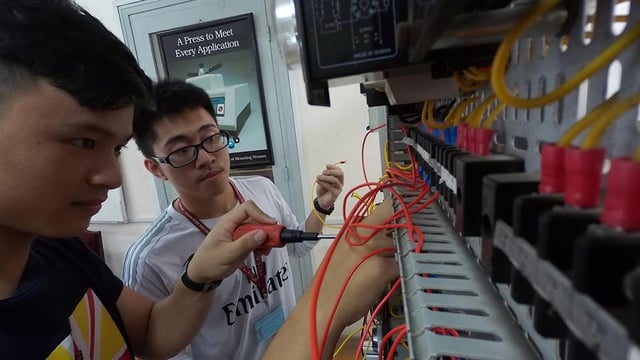
Many universities in Vietnam have shifted to interdisciplinary and transdisciplinary training.
PHOTO: DAO NGOC THACH
According to Professor Bui Van Ga, former Deputy Minister of Education and Training, for this model to be effective, the program needs to have compulsory courses to create a professional foundation, combining courses on digital technology, soft skills and elective subjects from many fields. This helps students not only learn to know, but also learn to understand broadly, apply highly and be ready to work in a changing environment.
Business students can learn programming and data analysis skills. IT students can choose to take courses in consumer psychology, creative media or product management. This creates “integrated learners” – those who are not only good at their subject but also flexible, adaptable and effective collaborators.
STUDENTS NEED TO CHANGE THEIR MINDSET IN CHOOSING A CAREER
For many years, students have chosen their majors mainly based on factors such as "easy to get a job", "suitable benchmark", or "friends choose the same". But in the interdisciplinary era, this way of choosing a major is not enough.
Today’s students need a new mindset: choosing a major that allows them to adapt, transform, and develop in the long term. This requires not only choosing a major they like, but also understanding what that major can integrate, how it can connect with other fields, and how career opportunities can be expanded.
Instead of just looking at familiar majors like accounting, law, medicine, information technology, etc., students should learn more about integrated majors. If you like both technology and economics, fintech will be an ideal choice. If you love education but are interested in technology, explore educational technology or educational psychology. If you are good at social analysis and want to work with data, social data science or digital media will be a good fit.
In particular, many schools now allow students to choose a major, a minor, or interdisciplinary courses from other faculties. Marketing students can still choose to study programming or data analysis. Conversely, IT students can study user psychology, experience design, project management, etc. to expand their ability to work in multiple fields.

Candidates in the process of researching and adjusting their university admission wishes
Photo: Dao Ngoc Thach
SUCCESSFUL PEOPLE NEED TO KNOW MULTI-DIMENSIONAL THINKING
In the new context, students not only need to be good at their majors but also need to know how to connect between fields and create new values from that combination. An IT student who understands more about psychology can design applications that are suitable for user behavior. A business student who understands more about data and technology will be more successful in startup models.
Many international studies also confirm that successful people in the new world of work are those who know how to think multidimensionally, coordinate well with multidisciplinary teams and solve problems with a comprehensive approach - something that AI will find difficult to replace.
Interdisciplinarity, then, is not a fad. It is a survival skill in an age where everything is moving so fast.
Therefore, when choosing a major, students should spend time to learn deeply about the training program, admission plan and teaching philosophy of the university. A major not only needs a good name, but also needs to have a reasonable curriculum, integrating technology, society, language and creative skills.
In 2025, many schools will also expand the admission combination for integrated majors, such as A00, A01, B00, D01, C00, C15, D07... This creates conditions for students from different groups to access new majors. However, the more important thing is, do you really love, are you ready to study integrated majors and explore?
When choosing a major, students should see if the university's training program includes digital technology, soft skills, teamwork, and project learning. At the same time, see if the school encourages interdisciplinary learning, has lecturers from many faculties teaching together, and has connections with businesses for practical training. These are important factors that help students learn not only for exams but also for work, for life, and to lead themselves in the future.
Choose the path that's right for you
Ultimately, no matter how hot a field of study is, the most important thing is to understand yourself. What are your strengths: logical thinking, visual creativity, language skills, or social analysis? Do you prefer working independently or in groups? Do you want to learn deeply about a subject, or do you want to learn broadly to be more flexible?
Choosing a major does not completely determine the future, but it is a very important first step. A right choice will help us enter university with a ready spirit, clear direction and long-term development opportunities.
This is a time to consider many things when choosing a major. Choose a major because it feels right for you, and because it can open doors for you - where you can do what you love and create value in a changing world.
Source: https://thanhnien.vn/chon-nganh-hoc-giua-thoi-dai-lien-nganh-xuyen-nganh-185250717173952421.htm



![[Photo] Chu Dau Ceramics – Proud of Vietnamese identity at Exhibition A80](https://vphoto.vietnam.vn/thumb/1200x675/vietnam/resource/IMAGE/2025/9/1/c62ab2fc69664657b3f03bea2c59c90e)
![[Photo] General Secretary receives heads of political party delegations from countries attending the 80th anniversary of our country's National Day](https://vphoto.vietnam.vn/thumb/1200x675/vietnam/resource/IMAGE/2025/9/1/ad0cb56026294afcae85480562c2e790)
![[Photo] Solemn reception to celebrate the 80th anniversary of the National Day of the Socialist Republic of Vietnam](https://vphoto.vietnam.vn/thumb/1200x675/vietnam/resource/IMAGE/2025/9/1/e86d78396477453cbfab255db1e2bdb1)
![[Photo] People eagerly wait all night for the parade on the morning of September 2](https://vphoto.vietnam.vn/thumb/1200x675/vietnam/resource/IMAGE/2025/9/1/0cf8423e8a4e454094f0bace35c9a392)
![[Photo] National Assembly Chairman Tran Thanh Man receives Cambodian Senate President Hun Sen](https://vphoto.vietnam.vn/thumb/1200x675/vietnam/resource/IMAGE/2025/9/1/7a90c9b1c1484321bbb0fadceef6559b)
![[Photo] Celebration of the 65th Anniversary of the Establishment of Diplomatic Relations between Vietnam and Cuba](https://vphoto.vietnam.vn/thumb/1200x675/vietnam/resource/IMAGE/2025/9/1/0ed159f3f19344e497ab652956b15cca)

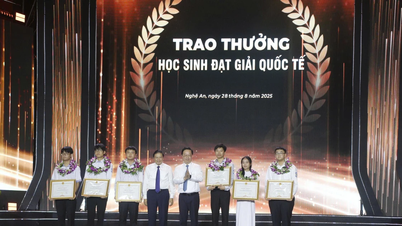














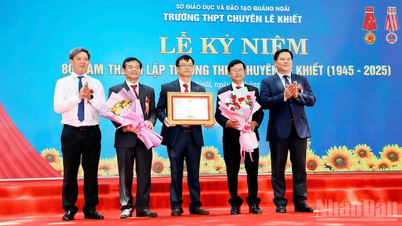


























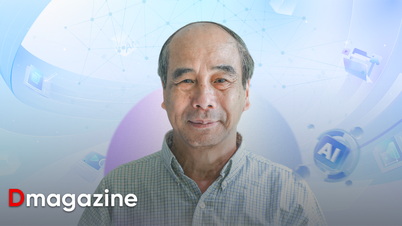












































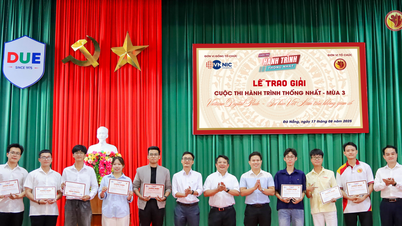








Comment (0)